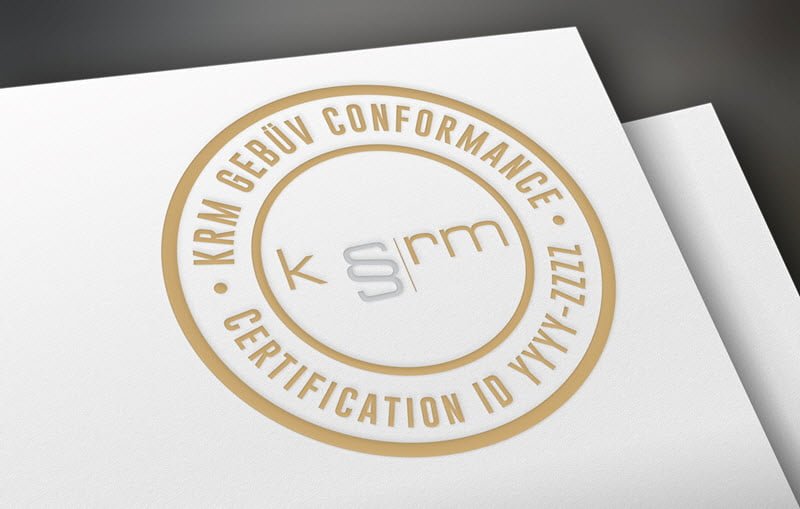As a foreign product provider (ever even for CH manufacturers), it is not always clear why GeBüV(Business Records Ordinance) compliance is a MUST in Switzerland when it comes to storing records.
It would go too far to go into the history of the development, the individual contents and interpretations of the GeBüV here. As co-author of the GeBüV and author of the “critical” elements, it seems appropriate to me to make a few remarks on its significance in practice.
These are the 5 main reasons why your product must be GeBüV compliant in Switzerland:
- Although the GeBüV is a norm of commercial law, (Code of Obligations); almost all laws in Switzerland refer to it as a binding norm for the implementation of storage and archiving of data/documents (see RM Guide). Particularly noteworthy here is the FTA (Federal Tax Administration), which explicitly points out that receipts for input tax deduction must comply with the ElDI-V ((Ordinance of the Federal Department of Finance on Electronic Data and Information)) as well as the GeBüV.
- The GeBüV contents are used as the primary benchmark when assessing compliance and serve as a reference for legally compliant storage and archiving….
- The quality of evidence of electronic data is measured by its conformity with the GeBüV.
- The GeBüV contains clear specifications for technical implementation. This is in contrast to most foreign laws, which do not have such provisions.
- Many CH corporate officers (CEO, CFO, Legal) want an explicit compliance statement. Is your product GeBüV compatible?
As a rule, foreign reports do not address the detailed requirements of the GeBüV. For example, there are usually no statements on the separation of data stocks (management vs. storage) or on safeguarding the integrity when using changeable storage media.
We will be happy to advise you and check your products for conformity with Swiss laws.







0 Comments